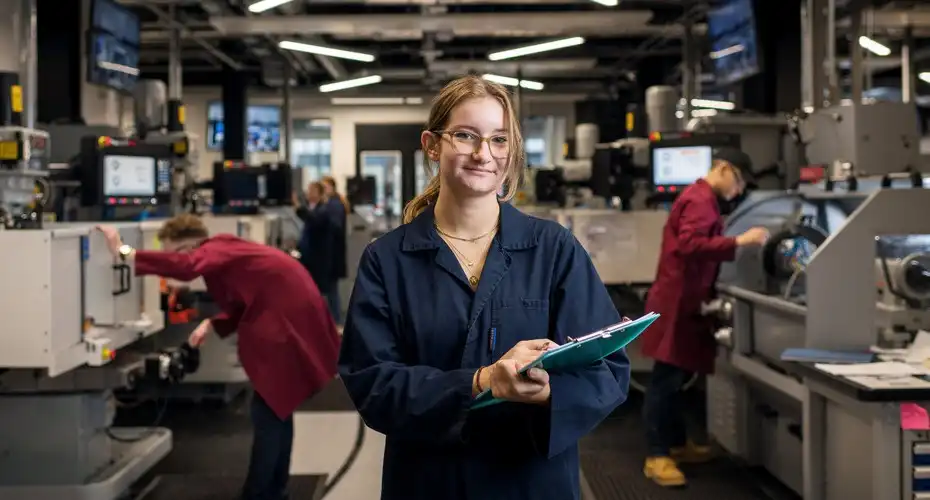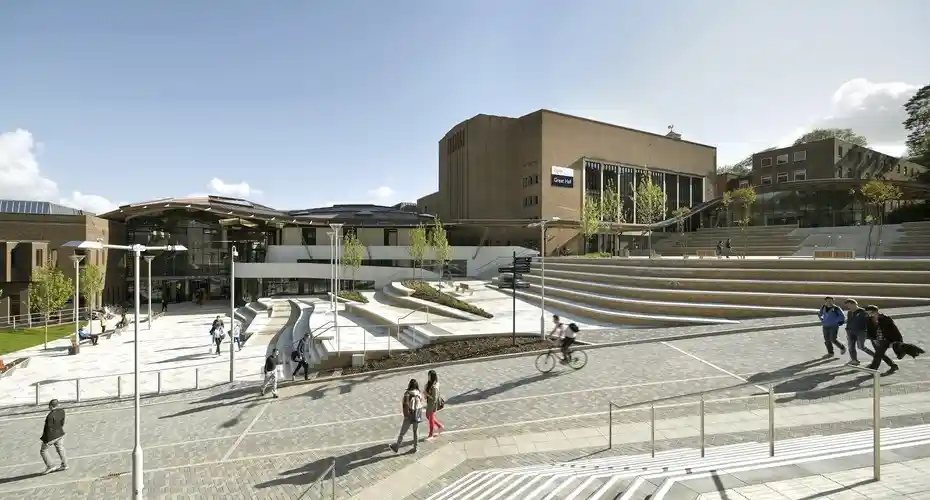| Degrees |
|
|---|---|
| Duration |
| Start date | September, January or April |
|---|---|
| Location | Streatham Campus |
| Study modes | Full time and part time |
Overview
Many of the most exciting developments in science are occurring at the boundaries where different branches of sciences, and mathematics, meet. Studying for a PhD in Natural Sciences will equip you with the ability to view research questions through multiple scientific lenses, with the emphasis on creating mathematical models that can be tested against observations. You will join an incredibly strong, and supportive, community of undergraduates, postgraduate researchers and staff who share a passion for exciting and ground-breaking research across the sciences and mathematics. Natural Sciences ranges from understanding the chemistry of the atmospheres of extrasolar planets to nanoscience, to using new advances in physics and materials to probe the properties of single bio-molecules. To tackle the big challenges of our time, from climate change to food security, and requires creativity and fresh perspectives. Diversity, of ideas and people, is therefore at the heart of who we are and what we do.
Contact
Web: Enquire online
Phone: 0300 555 6060 (UK)
+44 (0)1392 723044 (non-UK)
![]()
Top 10 in the UK for General Engineering
10th in the Complete University Guide 2025 and 8th in The Times and The Sunday Times Good University Guide 2025
![]()
Specialist facilities include microscopy suite, aerodynamics and fluids laboratories, additive manufacturing workshop and vibration testing rigs
![]()
£6.5million investment in our teaching labs, workshop spaces and equipment
![]()
Top 10 in the UK for General Engineering
10th in the Complete University Guide 2025 and 8th in The Times and The Sunday Times Good University Guide 2025
![]()
Specialist facilities include microscopy suite, aerodynamics and fluids laboratories, additive manufacturing workshop and vibration testing rigs
![]()
£6.5million investment in our teaching labs, workshop spaces and equipment
Research overview
Research centres/clusters/groups
Natural Sciences supervisors have close links with different research institutes, such as the Living Systems and Global Systems Institute, as well as research groups within such areas as Functional Materials. Profiles of Natural Sciences staff can be found on the department website.
How to apply
Applicants must hold a university degree that is accepted by the University of Exeter for registration as a graduate student such as a BSc, MSc or equivalent with first or upper second class honours. We want to support diverse and inclusive work environments. We therefore welcome applications from individuals regardless of their race, ethnicity, sexual orientation, religion, age, gender, or disability status.
English language requirements
International students need to show they have the required level of English language to study this course. The required test scores for this course fall under Profile E: view the required test scores and equivalencies from your country.
Fees and funding
Tuition Fees per year 2025/26
- Home: £5,006 full-time; £pro-rata part time
- International: £29,600 full-time
For those studying for more than one year, our fees are expected to increase modestly in line with Consumer Price Inflation measured in December each year. More information can be found on our Student Finance webpages.
Tuition Fees per year 2024/25
- Home: £4,786 full-time; £pro-rata part time
- International: £28,500 full-time
For those studying for more than one year, our fees are expected to increase modestly in line with Consumer Price Inflation measured in December each year. More information can be found on our Student Finance webpages.
Our Postgraduate Funding webpage provides links to further information. If you are considering a PhD in the future, in addition to University of Exeter funding, we have been successful at securing postgraduate funding for PhD research through our Funded centres.
Current available funding
Supervision
All students have a primary and a secondary supervisor who provide regular, high quality advice, support and direction in their academic endeavours. You will work closely with your supervisors to develop, investigate and write-up a project at the cutting edge of scientific research. You will also receive support from other researchers through the Natural Sciences Society, and the Natural Sciences Equality Network.
Careers
As well as providing a gateway to careers in scientific research, whether in academia or companies, many employers value graduates with a background in a broad based multi-disciplinary and mathematical science degree.
Facilities
Engineering is housed in a purpose-built centre with comprehensive laboratories, workshops and computing facilities. There is an extensive range of equipment and facilities supporting the activities of postgraduates including
- an advanced manufacturing suite
- a class 10,000 clean room
- laser laboratories
- materials characterisation laboratories
- scanning electron and scanning probe microscopes
- DSP and microprocessor laboratories
- wind tunnels
- wave tanks
- geotechnical laboratories
- 3D visualisation suite
- 3D printer
Research students at Exeter are allocated a desk and computing facilities in newly refurbished offices and provided with a PC on arrival.











